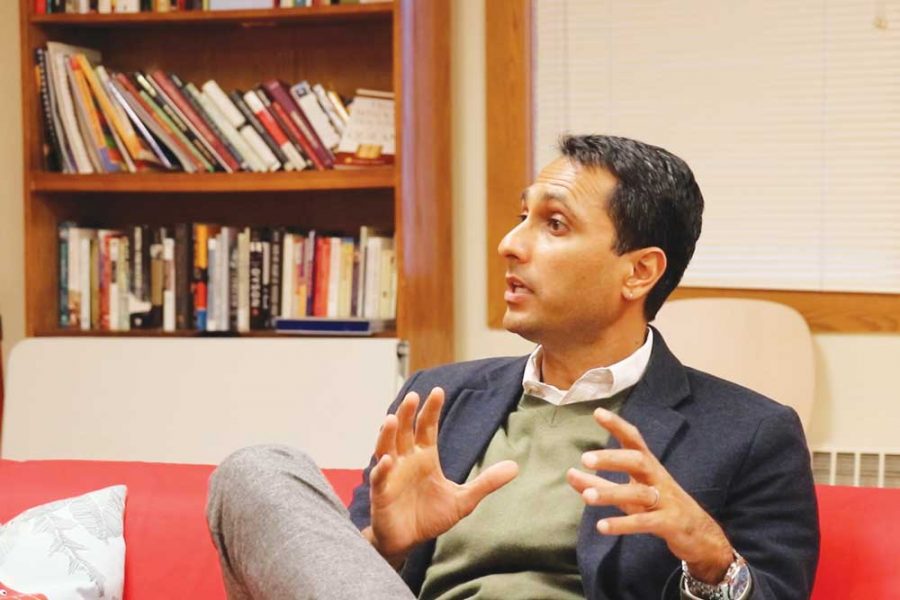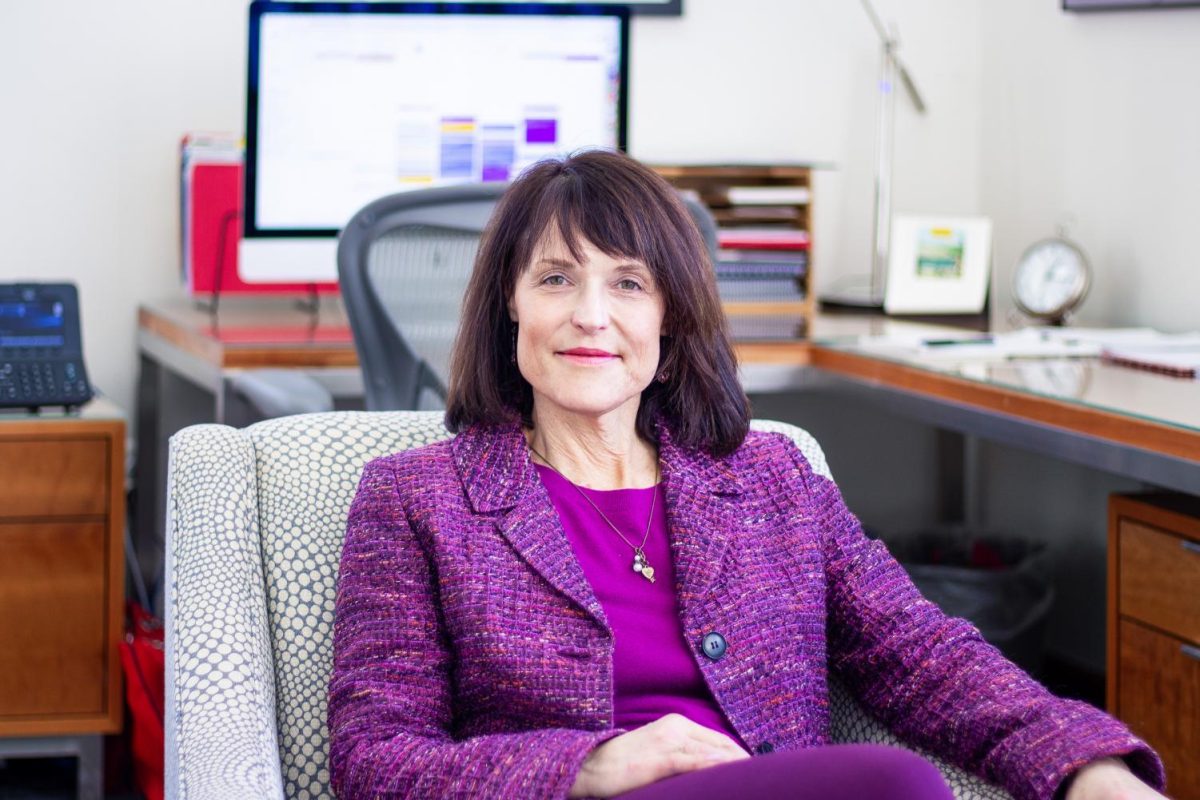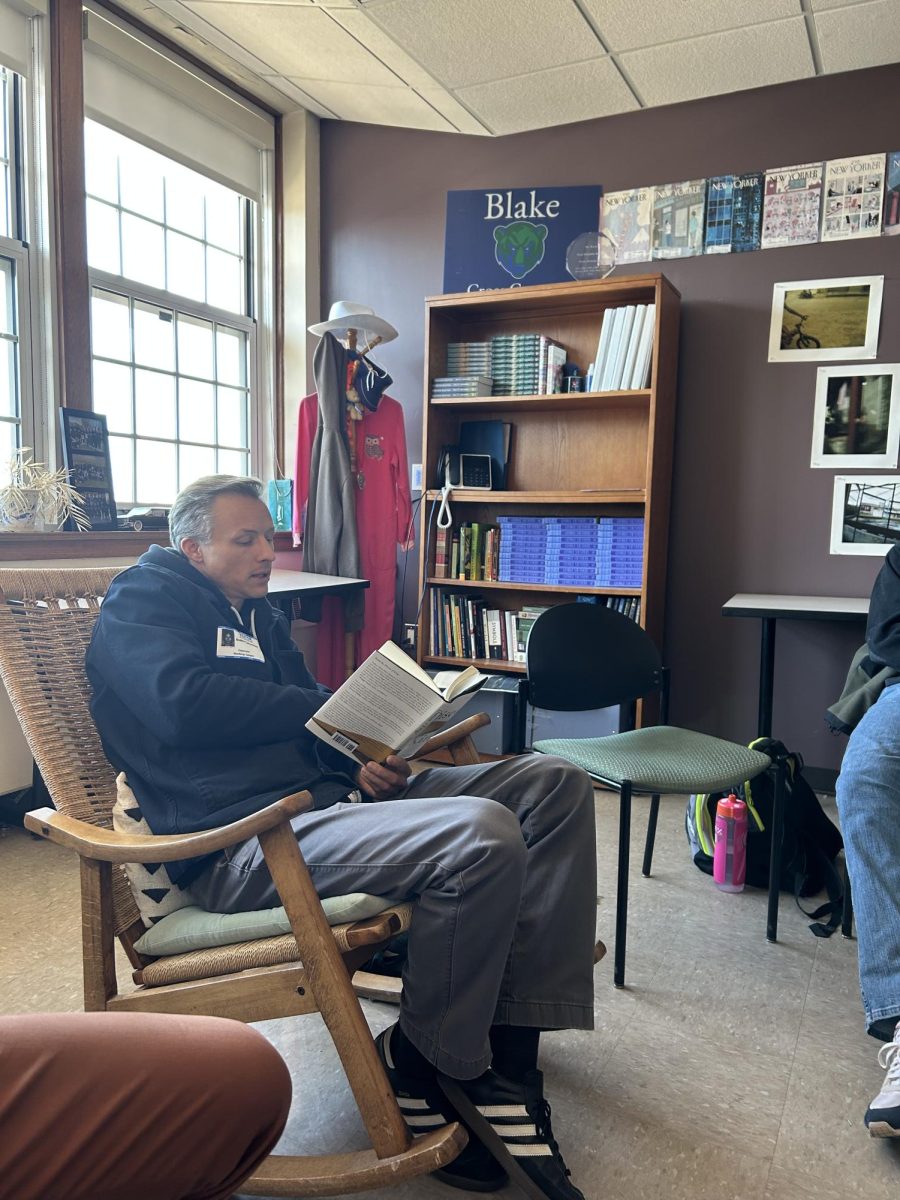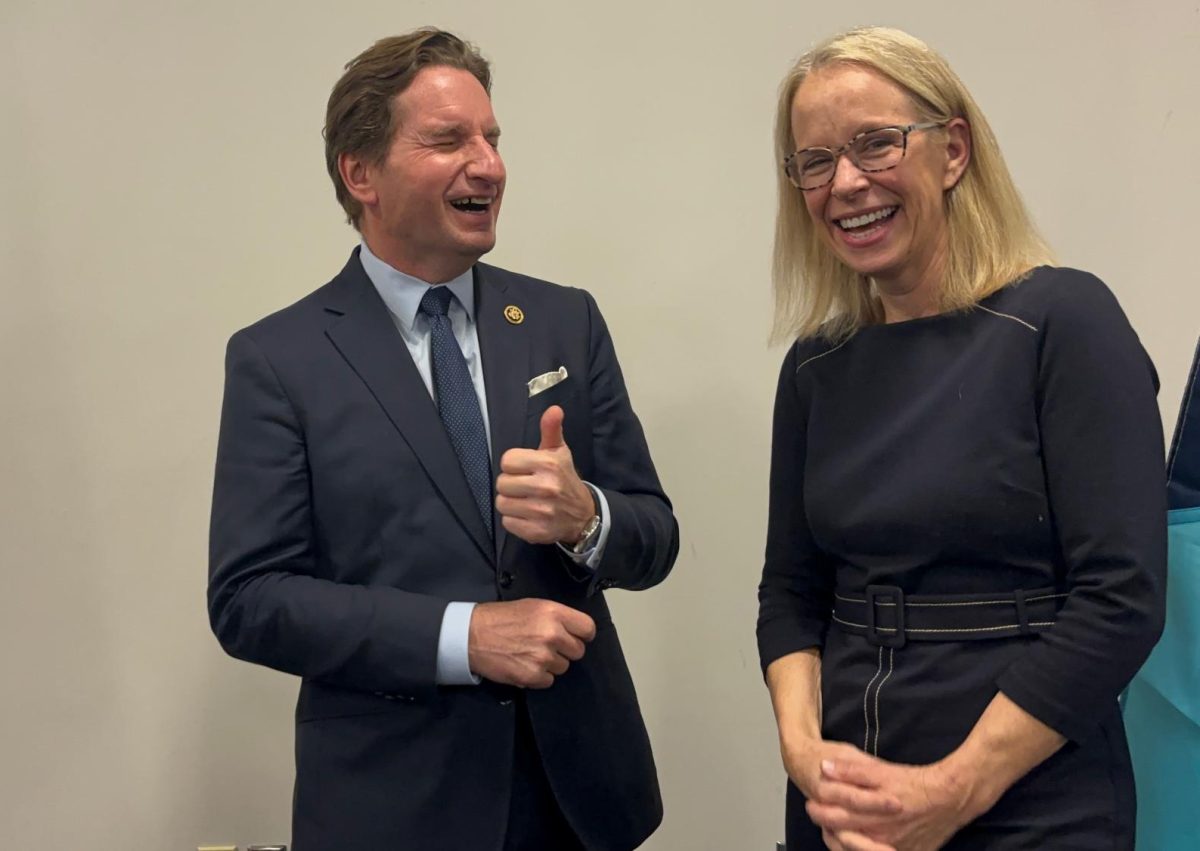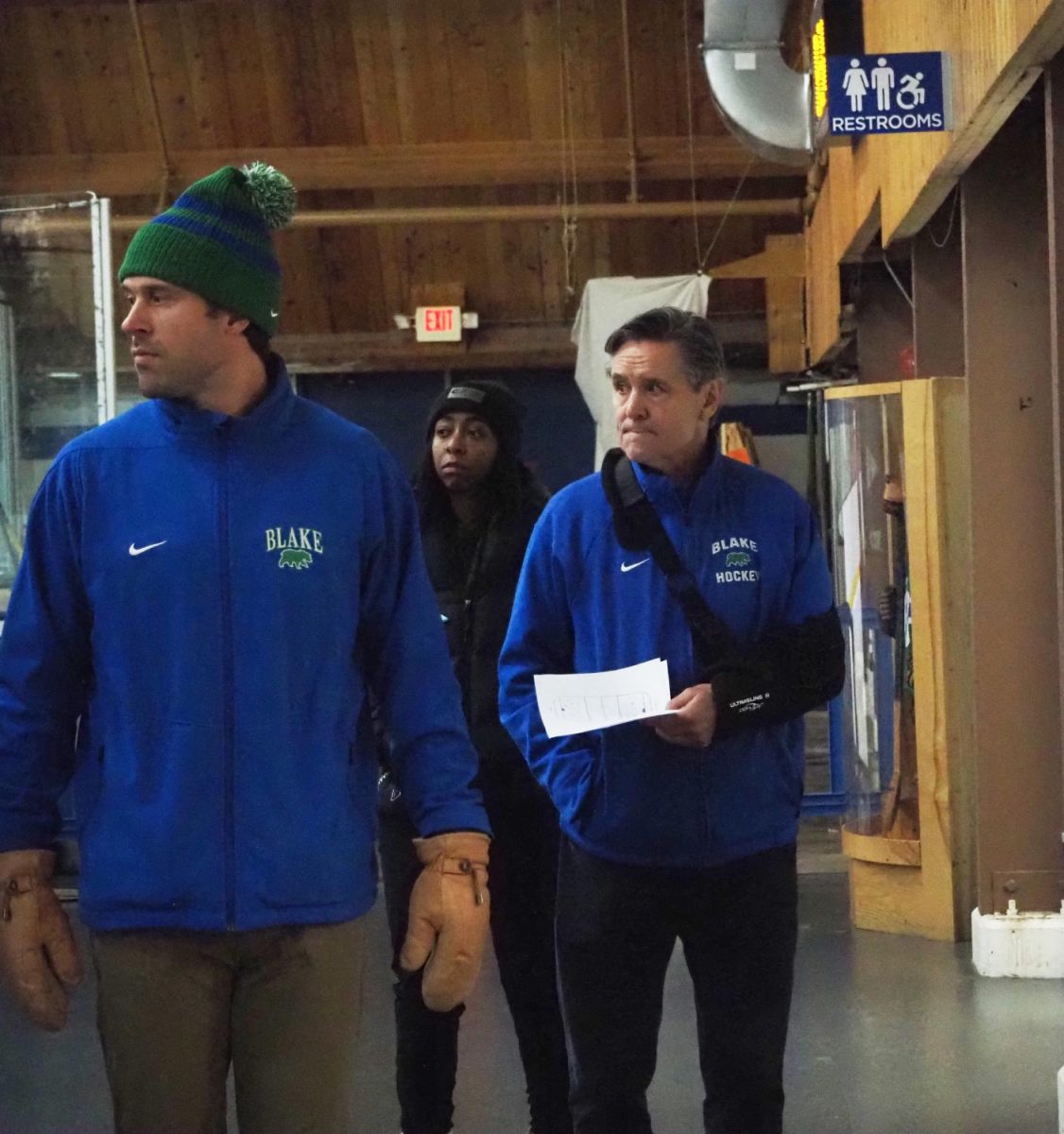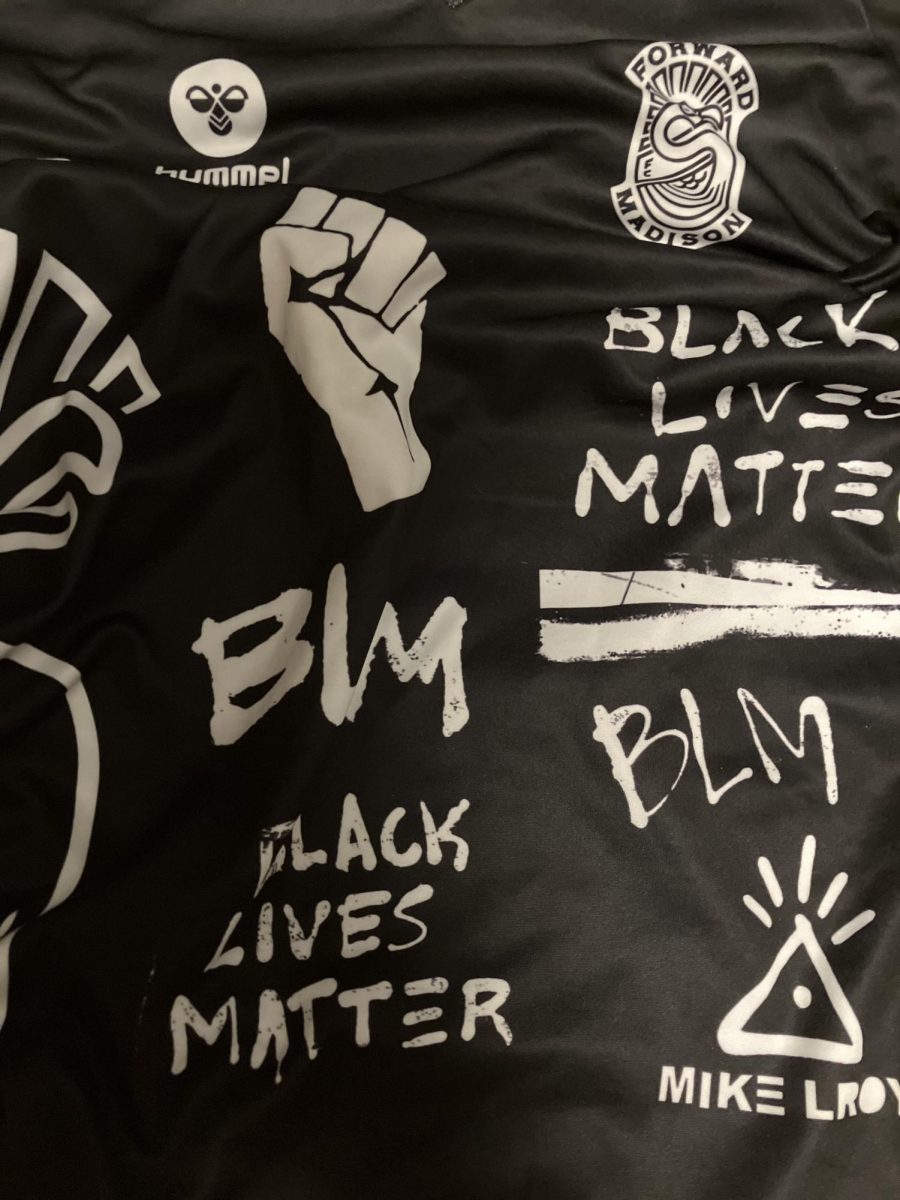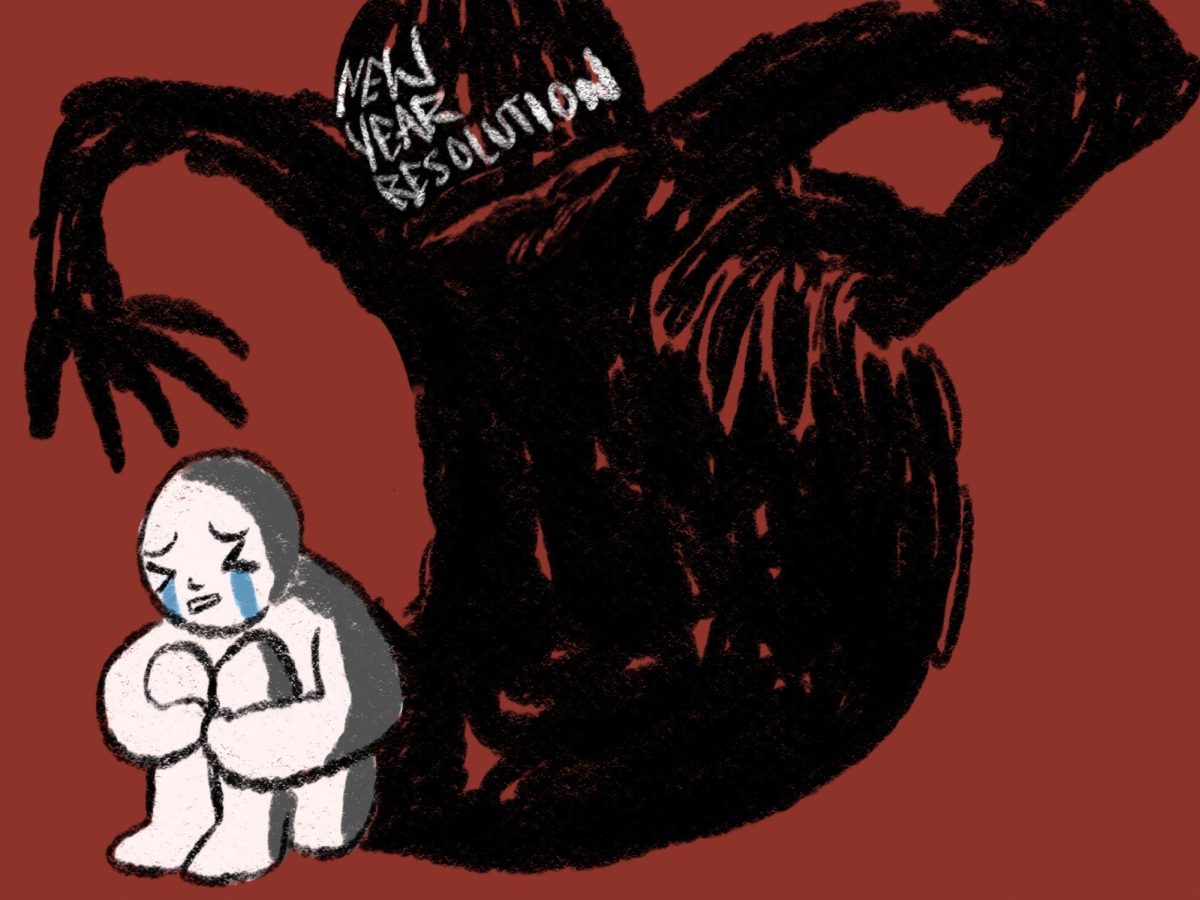Eboo Patel spoke on November 15 on religious pluralism and interfaith cooperation. Emphasizing on the power of finding inspiration in varying faith leaders, he uses stories of leaders like Mahatma Gandhi and Martin Luther King Jr. to urge the audience to pay attention to the ways in which political or personal discussions are set up before any debate as to achieve a productive conversation in which all opinions are heard.
In her Literatures of South Asia course, Shannon Ellis ’18 learned Gandhi’s ideology and history through analyzing his writings. She concurs, “This class has made me aware of how [the two interfaith leaders] are different, even though MLK Jr. was inspired by Gandhi’s actions.”
Patel’s book “Acts of Faith,” defines religious pluralism as “the belief that the common good is best served when each community has a chance to make its unique contribution.” This differs from religious consensus, stressing that pluralism seeks not that every participant agrees, nor that they find some common ground and proceed to conduct the conversation without acknowledgement of inherent differences. Rather, every participant holds the ability to contribute equally to the discussion so that a more complex conclusion, not necessarily a consensus, can be reached by the end.
Patel leaves the student body with a call to action: he encourages students to engage in interfaith cooperation by leaning in to class discussions that cover topics that many may consider deeply personal; in advisory conversations following the symposium speech, similar sentiments were echoed. Kennedy Rupert ‘20 reflects on a meaningful discussion in her advisory, saying, “The conversation was surprisingly in depth given the short amount of time and casual setting. I genuinely feel like I learned new, things, personal things, about some of my peers, and that opening up to vulnerability made the discussion more real and the topics more tangible.”
Patel mentions that one of the best ways to promote interfaith leadership is through the opportunities presented by service learning. It is through curating class discussions to a certain level of precision in order to craft a more productive and still diverse conversation and through taking advantage of service learning opportunities presented by Blake and also outside of school, that religious pluralism and interfaith cooperation be implemented sustainably into the community.

